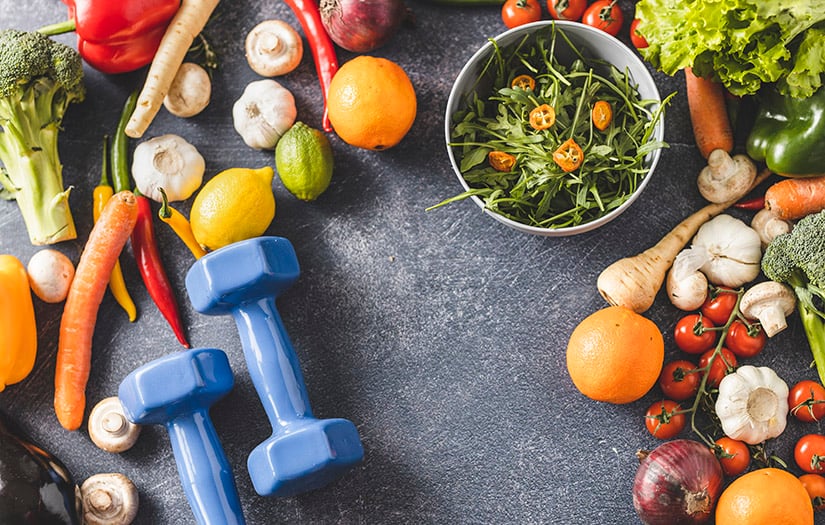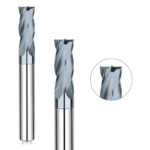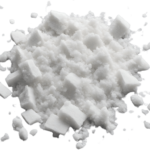Overview
Are you struggling to find the right balance between your workouts and what you eat? How can you fuel your body in a way that supports your fitness goals? Designing a workout diet that works for you is essential to achieving results, whether aiming to build muscle, lose weight, or increase endurance.
The connection between food and fitness is crucial because your body needs proper nutrients to perform well during workouts and recover afterwards. You can buy creatine and other supplements to reach your goals faster. This article will explore designing a workout diet that fits your lifestyle and objectives.
Understanding Your Fitness Goals
Before designing a workout diet, you must understand your fitness pursuits. Are you pushing to build muscle, lose fat, or enhance endurance? Your goals will determine how much food your body needs to fuel your workouts.
Focus on protein intake for muscle building, which helps repair and grow muscles after intense exercise. If weight loss is your aim, creating a calorie deficit by consuming fewer calories than you burn is necessary. Carbohydrates will be your best friend for endurance training, providing the energy you need for long workouts. Supplements like milk thistle amazon will help in maintaining a healthy lifestyle.
Incorporating Creatine into Your Diet
Athletes and fitness enthusiasts often buy creatine. It helps boost energy production in your muscles, making lifting heavier weights or performing high-intensity exercises easier. Taking creatine as part of your workout diet can improve muscle strength, increase endurance, and speed up recovery. Many people add creatine to their post-workout shakes, as it is easily absorbed with a meal rich in protein and carbohydrates. While creatine is generally safe for most people, consulting with a health professional to ensure it links with your fitness goals and body needs is important.
Balance of Macronutrients: Protein, Carbs, and Fats
The three main macronutrients—protein, carbohydrates, and fats—play different roles in your workout diet. Balancing these nutrients based on your fitness goals and activity levels is essential.
Protein is necessary for muscle restoration and growth. Including lean protein sources like chicken, fish, beans, and tofu in your meals ensures your muscles get the support they need after workouts. Carbohydrates provide energy, so consuming complex carbs like whole grains, fruits, and vegetables can fuel exercise. Fats, exceptionally healthy fats like those from avocados, nuts, and olive oil, support overall health and help with energy storage.
Timing Your Meals Around Workouts
What you consume is just as significant as what you eat. Proper meal timing can enhance your performance and recovery. Before a workout, eating a balanced meal with protein and carbohydrates is best to provide energy and maintain muscle mass.
A pre-workout snack like a banana with peanut butter or a small serving of oats can give you the fuel you need without feeling too heavy. After your workout, focus on replenishing your energy and helping your muscles recover. A post-workout meal with protein and carbs, like a smoothie with whey protein and fruit, can help your body recuperate faster and build muscle.
Importance of Hydration
Staying hydrated is crucial for anyone following a fitness routine. Water is vital in muscle function, energy levels, and recovery. Without proper hydration, your body may work to perform at its best, and you risk dehydration, especially during intense or long-duration workouts.
Aim to consume plenty of water throughout the day, particularly before, during, and after exercise. If you are engaging in long or high-intensity workouts, consider adding electrolytes to your hydration routine to replace lost minerals and steady your energy levels.
Designing a workout diet that works for you is about finding the right balance between your fitness goals and nutritional needs. By paying attention to your diet and fitness routine, you can create a plan that helps you reach your goals more efficiently. Remember, consistency is key, and small, thoughtful changes to your nutrition can lead to long-term success in your fitness journey.







